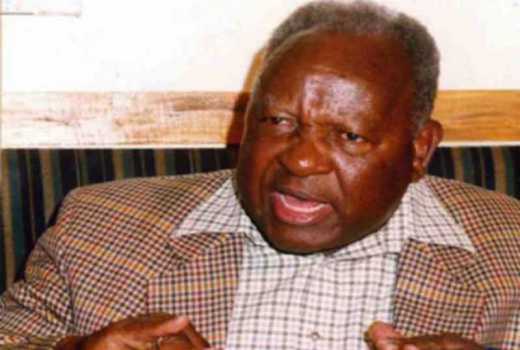×
The Standard e-Paper
Join Thousands Daily

For many years, Kenya Breweries Limited (KBL), the local subsidiary of the East African Breweries, straddled the beer market like a colossus.
For many years too, many Kenyans believed the myths that teetotaler Kenneth Matiba had a substantial stake in the brewery, that he earned royalty from every beer sold and that even one of their products had been named after him. But courtesy of his autobiography Aiming High, we know that most of that was a myth, perhaps a self conscious inspiration to the newly independent nation.